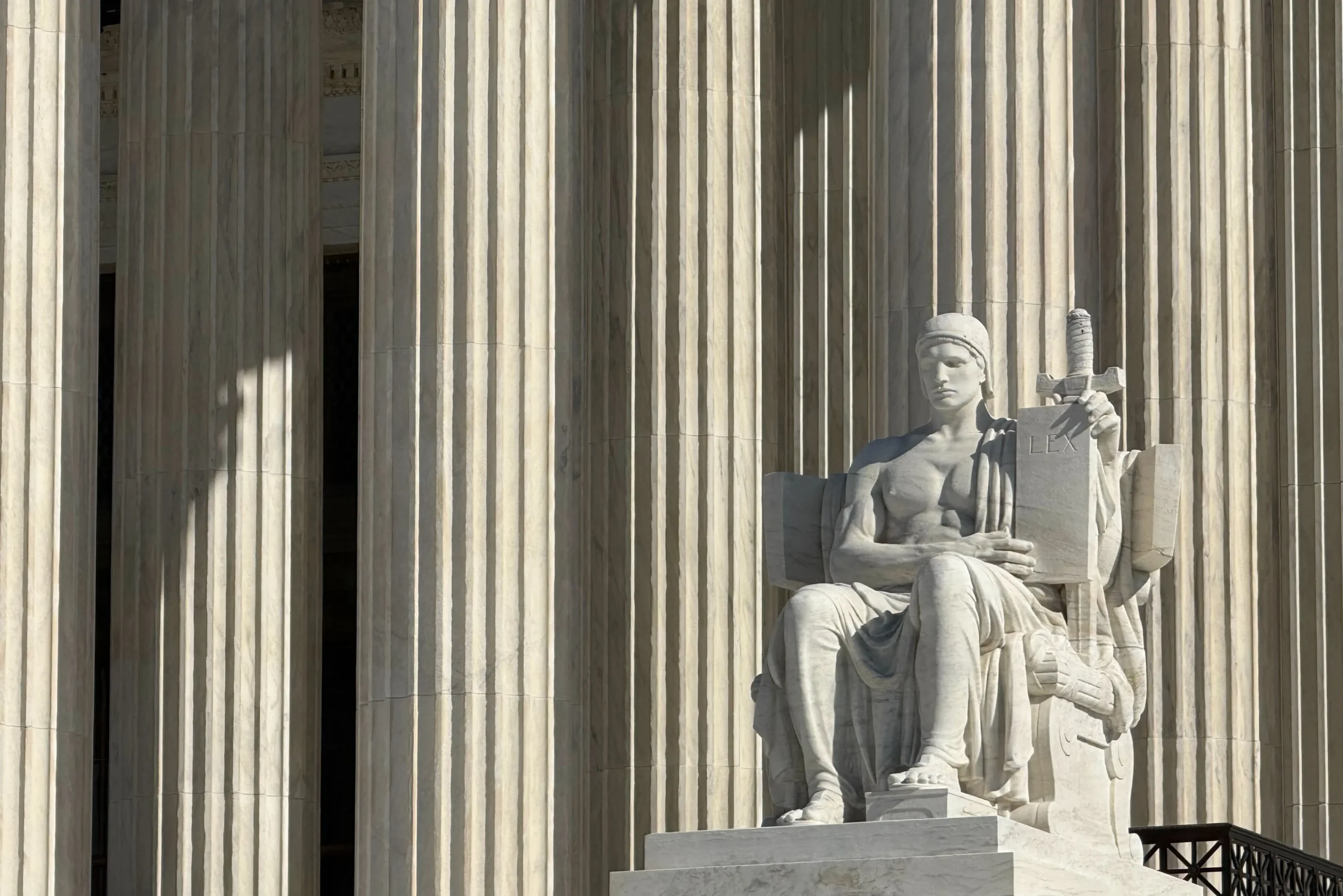
Court allows Texas’ law on age-verification for pornography sites
How did your country report this? Share your view in the comments.
Diverging Reports Breakdown
Court allows Texas’ law on age-verification for pornography sites
The Supreme Court on Friday upheld a ruling that allowed Texas to enforce a state law requiring pornography sites to verify the age of their users. By a vote of 6-3, the justices ruled that the U.S. Court of Appeals for the 5th Circuit should have used a more stringent standard of review, known as intermediate scrutiny. But, as Justice Clarence Thomas wrote for the majority, the Texas law passes that test.Justice Elena Kagan dissented, in an opinion that was joined by Justices Sonia Sotomayor and Ketanji Brown Jackson. She contended that the law should have been reviewed using the most stringent standard,known as strict scrutiny. The law is an exercise of the state’s “traditional power to prevent minors from accessing speech that is obscene from their perspective,” Thomas wrote. “[A]dults have no First Amendment right to avoid age verification, and the statute can readily be understood as an effort to restrict minors’ access.”
In a major First Amendment decision, the Supreme Court on Friday upheld a ruling by a federal appeals court that allowed Texas to enforce a state law requiring pornography sites to verify the age of their users before providing access. By a vote of 6-3, the justices ruled that the U.S. Court of Appeals for the 5th Circuit should have used a more stringent standard of review, known as intermediate scrutiny, to determine whether the Texas law passes constitutional muster. But, as Justice Clarence Thomas wrote for the majority, the Texas law passes that test.
”The power to require age verification is within a State’s authority to prevent children from accessing sexually explicit content,” Thomas concluded.
Justice Elena Kagan dissented, in an opinion that was joined by Justices Sonia Sotomayor and Ketanji Brown Jackson. She contended that the Texas law should have been reviewed using the most stringent standard, known as strict scrutiny.
Texas’ law, known as H.B. 1181, compels websites to verify the ages of their users if more than one-third of their site’s content is “sexual material harmful to minors.” H.B. 1181 passed in 2023, but before it could go into effect, Senior U.S. District Judge David Alan Ezra temporarily blocked the state from enforcing it. Ezra agreed with the challengers, led by an adult industry trade group, that the law likely violated the First Amendment by interfering with adults’ access to protected speech.
Texas went to the 5th Circuit, which agreed to put Ezra’s order on hold while the state’s appeal moved forward. In March 2024, the court of appeals vacated Ezra’s order as it applied to the law’s age-verification provision.
The challengers came to the Supreme Court in April 2024, asking the justices to pause the 5th Circuit’s decision. They declined to do so, but in July they granted the challengers’ petition for review of the 5th Circuit’s ruling. As the case came to the court, it focused on the correct standard of review – whether the court of appeals was correct when it used rational-basis review, or whether (as the challengers contended) it should have instead subjected the law to strict scrutiny, which the court used in a 2004 case, Ashcroft v. American Civil Liberties Union, that struck down a federal law making it a crime to post online content that is harmful to minors for commercial purposes.
In his opinion for the majority, Thomas concluded that neither standard should apply. Instead, he explained, the Texas law is an exercise of the state’s “traditional power to prevent minors from accessing speech that is obscene from their perspective.” Although requiring proof of age to access materials that are obscene for minors may make it harder for adults to access those materials, the law does not actually directly regulate adults’ speech, Thomas wrote.
“[A]dults,” Thomas continued, “have no First Amendment right to avoid age verification, and the statute can readily be understood as an effort to restrict minors’ access. Any burden experienced by adults is therefore only incidental to the statute’s regulation of activity that is not protected by the First Amendment.” For that reason, he explained, intermediate scrutiny should apply.
The Texas law can satisfy intermediate scrutiny, Thomas said, because “it advances important governmental interests unrelated to the suppression of free speech and does not burden substantially more speech than necessary to further those interests.” The state’s interest in protecting children from sexual materials is, he said, “important, even ‘compelling.’” And the law uses “plainly legitimate” methods to achieve those goals, he wrote: States have used age-verification requirements like this one to enforce age restrictions “while at the same time allowing adults full access to the content in question after the modest burden of providing proof of age.” Moreover, he added, the law “simply requires established verification methods already in use by pornographic sites and other industries.”
In her 23-page dissent, Kagan argued that “[u]nder ordinary First Amendment doctrine, this Court should subject” the Texas law “to strict scrutiny. That is because H.B. 1181 covers speech constitutionally protected for adults; impedes adults’ ability to view that speech; and imposes that burden based on the speech’s content. Case closed.”
Posted in Featured, Merits Cases
Source: https://www.scotusblog.com/2025/06/court-allows-texas-law-on-age-verification-for-pornography-sites/
